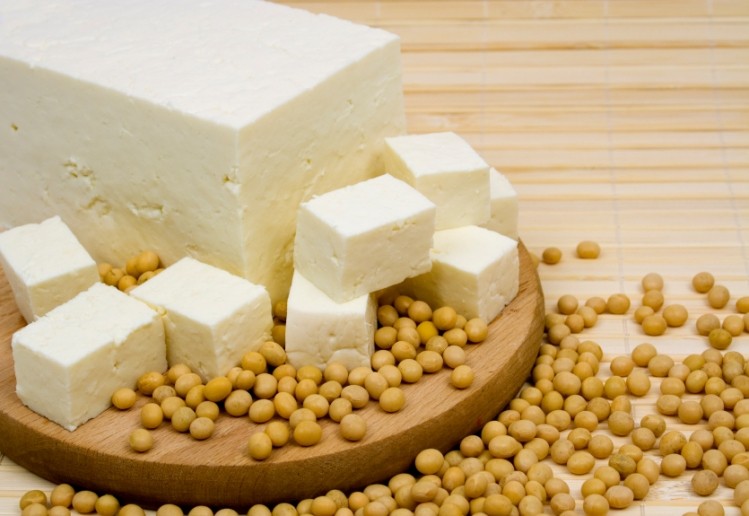Soy firm shut due to alleged food safety violations

The consent decree of permanent injunction was entered against Wa Heng Dou-Fu & Soy Sauce Corporation doing business as Wa Heng Dou-Fu & Soy Sauce International Enterprises (Wa Heng) and co-owners, Peng Xiang “Martin” Lin and Yuexiao “Opal” Lin.
The firm distributes soy products, including tofu and soy drink. No illnesses were reported in connection with Wa Heng Dou-Fu & Soy Sauce Corp.
Consent decree of permanent injunction
The complaint alleged that Martin Lin’s responsibilities included daily operations, raw material purchases, facility and equipment maintenance and production schedule and that Opal Lin’s work included training employees and overseeing their performance.
If the company intends to resume operations, it must retain an independent expert to develop a pathogen control program, conduct microbial and pathogen testing of the facility, and provide employee training on sanitary food handling techniques.
If the FDA determines the company may resumse, the consent decree requires it to conduct periodic, independent audits to ensure ongoing compliance.
“The American public deserves to be assured that companies and individuals preparing and distributing food subject to the Food, Drug and Cosmetic Act are complying with federal law,” said Benjamin C. Mizer, head of the Department of Justice’s Civil Division.
Previous inspection findings
During a 2015 inspection, FDA investigators observed violations including: inadequate hand washing, improperly cleaned equipment, and failure to take necessary precautions to protect against contamination of food and food contact surfaces. These violations were repeat ones from previous inspections.
FDA saw at least three employees spraying pressurized water from a water hose onto the production area floor, where Salmonella Havana was isolated, causing water to splash from the floor onto uncovered tofu and onto food contact surfaces, such as tofu presses and a filtration table. This was a repeat observation from the FDA’s 2012 inspection.
The agency observed employees touching the bottoms of buckets and crates that had been on the floor and then touching tofu.
During the 2015 inspection, environmental sampling revealed five subsamples positive for pathogenic Salmonella Havana.
According to the complaint, the positive samples were taken from areas including a floor drain near a cooking tank, a caster wheel on a cart carrying tofu and the floor between the packing and processing rooms. FDA isolated a nearly identical strain of S. Havana during 2011 and 2012 inspections.
Melinda K. Plaisier, the FDA’s associate commissioner for regulatory affairs, said Salmonella in a food facility is a public health risk and it is one of the most common causes of foodborne illness.
“When a company continues to violate federal food regulations, the FDA must take necessary action to protect public health.”











